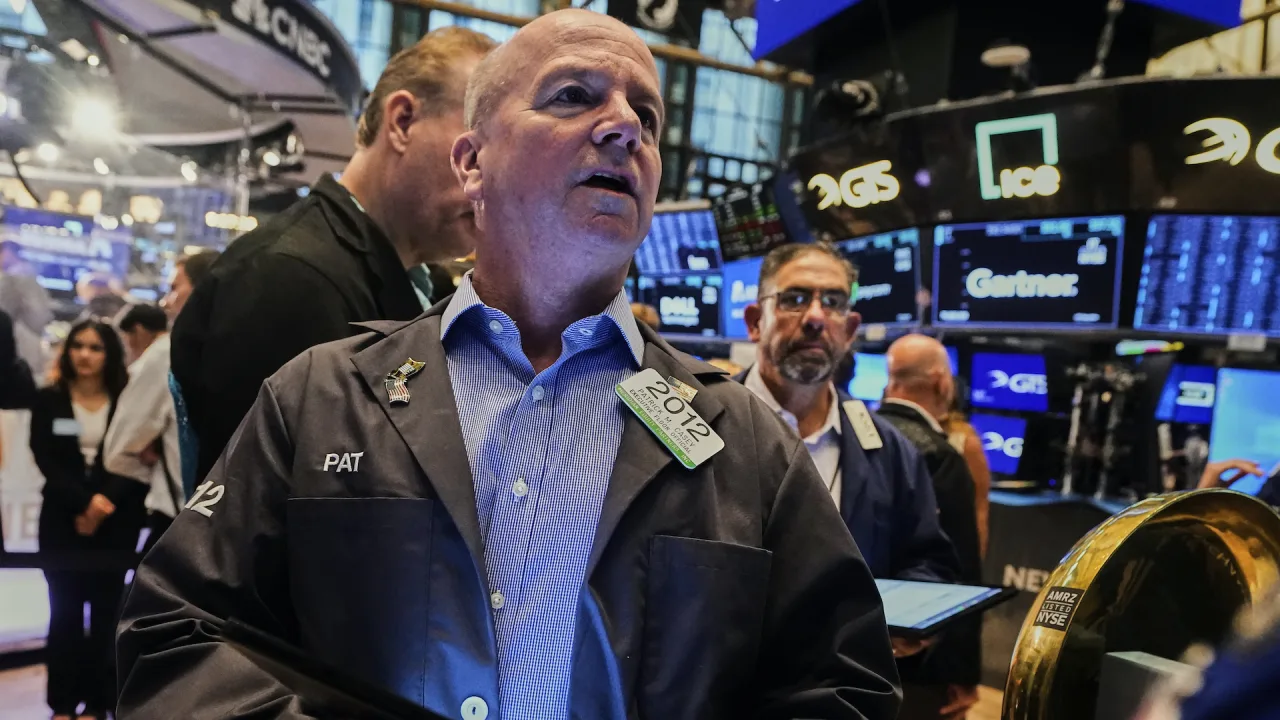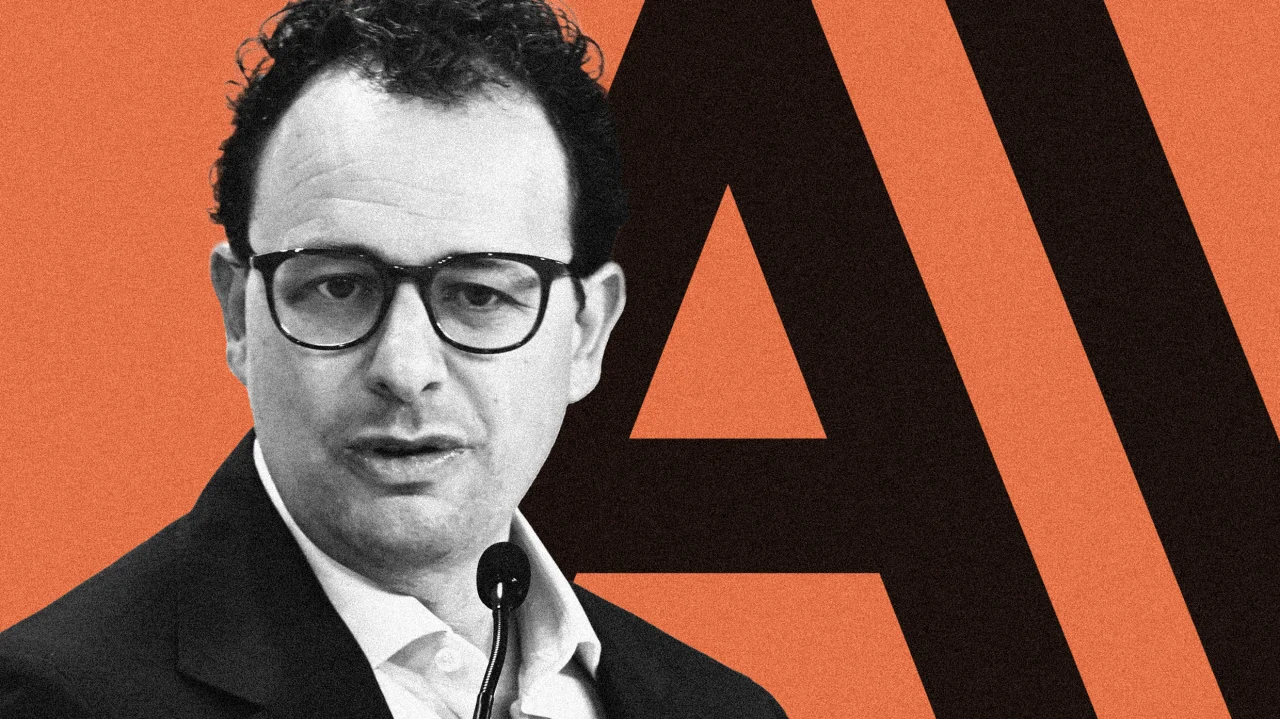What People Are Getting Wrong This Week: Fake Celebrity Dog Rescues
There is so much fake money flowing into fake charities to rescue fake dogs.

I'm fascinated with the fictional information infrastructure in which many of us (arguably all of us) live. The fake-news expanded universe encompasses everything from political propaganda, to conspiracy theories, religious beliefs (except the ones you hold, of course, which are totally true), and that thing your friend told you that time. Also: celebrity dog rescues.
At the intersection of artificial intelligence and natural stupidity, the unholy spider that spins the giant web of lies in which we are imprisoned has determined that people want to read, click on, and otherwise engage with content involving celebrities who have donated millions to fund dog rescue operations. I don't know why. You don't know why. No one knows why. But that's where we are.
The fake generosity leaderboard
Here's a sample of recent fake stories about celebrity dog-lovers and their fake dog charities, in order of generosity.
Peyton Manning: According to a June 16 Facebook post from "Magic Clement," washed-up quarterback Peyton Manning bought an existing dog shelter called "Maple Creek Rescue" and fully refurbished it. Magic Clement didn't provide the monetary amount of Manning's donation, so I'm going to estimate $500,000 in fake money. This makes fake Peyton Manning a cheapskate among fake celebrity dog rescuers, but according to Magic Clement (a Facebook clearing house for AI-generated stories about Peyton Manning being a hero), Manning saved a different dog shelter just today, so he seems to be putting in the most fake effort, at least. For the record: No dog shelter called "Maple Creek Rescue" exists and the picture below is AI.

Eminem: A Facebook page dedicated to the once-controversial rapper proclaims that he made a $10 million investment in a "paradise” for stray dogs. Probably just to make Peyton Manning look like a tool. Here's the picture from the Facebook post:

Eagle-eyed readers will note that these images are AI-generated, especially the one at top right, in which Em seems to be wearing a Michael Vick jersey. Not a good look for a dog sanctuary owner. This story is not true either.
Morgan Freeman: Presumably in an effort to one-up fake Eminem by a million fake bucks, fake Morgan Freeman recently donated $11 million to build a sanctuary for dogs on his 88th birthday. The Facebook post announcing the act of fake dog charity has been shared over 13,000 times, but contains no AI photos of Freeman. Luckily, another Facebook page, Rocky's K9 Rescue, stepped up and posted this:

Obviously, Morgan Freeman has not donated $11 million to a dog charity. He did turn 88 on June 1, though.
Josh Allen, Jose Altuve, Aidan Hutchinson, Dak Prescott: These athletes reportedly donated $20 million, each, to establish separate dog sanctuaries. Actually, they didn't donate anything, but it seems that $20 million is the going rate for athletes donating to dog sanctuaries. You'd think they'd pool their money and open one gigantic dog rescue center, just for efficiency.
Jelly Roll: Fake Jelly Roll is the king of donating fake money to fake dog charities. I'm no financial expert, but I imagine that the country-rapper's net worth is much lower than Peyton Manning, Eminem, and Morgan Freeman, so his May 12 gift of $20 million "to build a 'paradise' dedicated to rescuing stray dogs," is particularly generous, but he also donated $20 mil on June 17! Jelly Roll, are you drunk? (This is fake, of course, but Jelly Roll does own a dog.)
The bottom line is, being a stray dog is a lucrative occupation in the fictional universe of Facebook pages your mom probably reads: Last month, fake celebrities donated $141,500,000 for dog sanctuaries, and that's just the ones I found before i got bored.
Why are there so many fake dog charities?
The "why" of fake dog stories is complicated, but their popularity isn't: People are emotional about dogs and they want celebrities to be heroes, so "celebrity loves dogs!" is going to catch attention. As long as none of the people who post or host this content cares about lying all the time, to everyone, there's a ton of "engagement." But what do the creators of these pages get out of the attention they seek? Nobody is getting rich off these individual pages, and it's hard to see how some of them even make a pittance. Rocky's K9 Rescue, one of the Facebook pages that spread the fake Morgan Freeman story, says it's taking donations, which at least makes sense (Despite the name, Rocky's K9 Rescue doesn't seem to be connected to actual dog activist Rocky Kanaka. Make of that what you will.) One of the dozens of posts I looked at on the fake Jelly Roll page links to a t-shirt that seems related to the singer.
Magic Clement's motivations are more mysterious. How does posting an AI-generated story about Peyton Manning saving a library by bringing it books work as a business strategy? (How would bringing more books help keep a library open, for that matter?) Whatever is going on, somehow, at the end of the line, someone has to be making a buck. I'll assume it's Mark Zuckerberg.
Actual celebrity dog philanthropists (probably)
Meanwhile, in the real world, many non-fake celebrities have worked with and donated to animal charities that actually exist, including a few who seem to have started something like dog sanctuaries. Reality show personage Lisa Vanderpump founded Vanderpump Dog Foundation, which lists a "dog nursery" among its initiatives. Singer Miranda Lambert's Muttnation Foundation provides grants to animal shelters along with a bunch of other animal-related charitable giving. Singer Ariana Grande's Orange Twins Rescue lists a single dog for adoption on its site. But none of these real stories seem to have the legs of the fake ones. Maybe the money is too small—none of these charities approach $20 million. Naybe the stars aren't famous enough. But for whatever reason, they just don't pop.
I checked these celebrity dog charities on Charity Navigator, and Grande's Orange Twins Rescue is not listed there (although it is a legitimate non-profit); MuttNation scored a solid 88%; a "good" rating; and Vanderpump's foundation's is rated one out of four stars, or "proceed with caution."
Why does this even matter?
With the world's information pipes flooded with fake everything, some sleaze making a fraction of a fraction of a cent by telling lies about Morgan Freeman's charitable work seems like a nothingburger. But it matters. Fake dog charity stories are only a tiny part of a massive worldwide experiment to test what happens to a culture when everything anyone sees, reads, or hears is fake. And you're the lab rat. It's the erosion of shared reality, a complete abandonment of the loose consensus we used to have about the truth—and the worst part is, there's no one driving the train. I wish there were a shadowy cabal of moneymen brainwashing us for nefarious ends. At least then there'd be a purpose. Instead, our ever-fragile grip on reality is being dissolved by cretins whose greatest life achievement is tricking dummies on Facebook into buying unofficial Jelly Roll t-shirts.







































































































![Building A Digital PR Strategy: 10 Essential Steps for Beginners [With Examples]](https://buzzsumo.com/wp-content/uploads/2023/09/Building-A-Digital-PR-Strategy-10-Essential-Steps-for-Beginners-With-Examples-bblog-masthead.jpg)





























![Senior Support Engineer - US West [IC3] at Sourcegraph](
https://nodesk.co/remote-companies/assets/logos/sourcegraph.f91af2c37bfa65f4a3a16b8d500367636e2a0fa3f05dcdeb13bf95cf6de09046.png
)




















